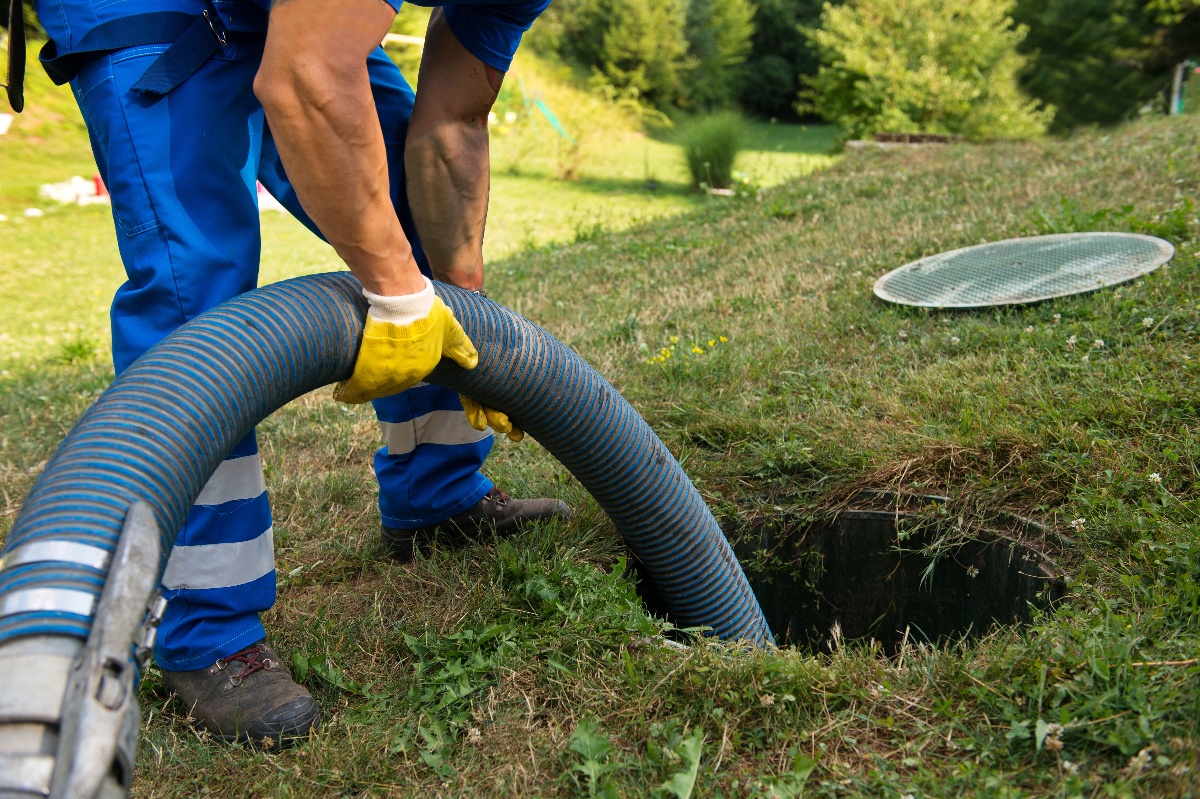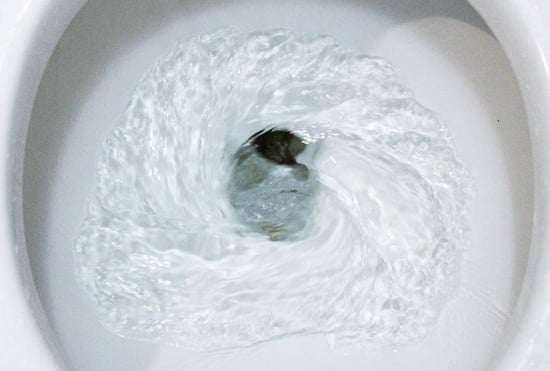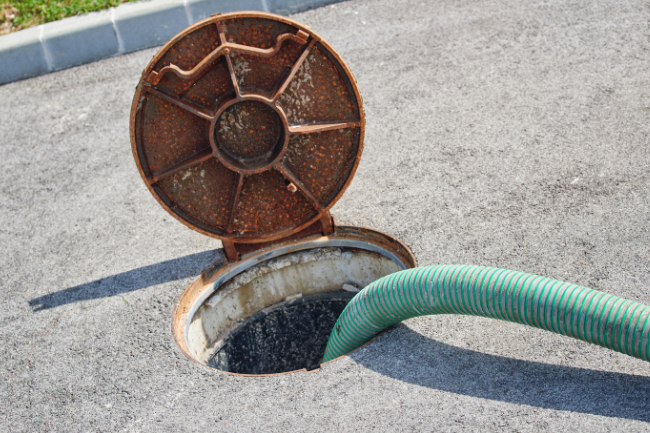Do You Know the Difference Between Septic Vs Sewer?
Posted by William Heinselman on

Homeowners. Commercial property owners. People looking to buy a house or find their next commercial property.
No matter your situation, you need to know what wastewater system you’re using and what the difference is for each type.
Septic vs. Sewer: How They Work
Generally speaking, the most common wastewater systems are septic tanks and sewer systems. Both systems collect, process, and dispose of human waste in different ways.
The sewer system consists of a series of pipes underground that transfer the wastewater from a property to a water treatment facility in the area.
Septic tanks, on the other hand, act as smaller private sewer systems. Instead of the wastewater being transported directly to the water treatment facility, it is held in the ground in a tank underneath the property. Over time, the water is filtered out of the septic tank system and goes into a drain field area.
The real question a lot of people have is centered around which one is a better option.
Pros and Cons for Septic and Sewer Systems
There is no clear winner for which wastewater system is better. It all depends on your situation and what best fits your needs.
Here’s a simple breakdown of how both options stack up against each other.
Septic System Benefits
Since many homeowners don’t have a septic tank, there are plenty of misconceptions that generally influence a negative opinion about this system. However, there are plenty of advantages to using septic.
- Cost is usually included in the price if you’re working with a new home builder.
- Septic systems are more environmentally friendly because they filter out bacteria before the waste is drained into a soil absorption field.
- A septic tank encourages property owners to be more responsible for the type of waste they create because they’re held financially accountable for taking care of their private septic system.
Septic System Disadvantages
As with every system, there can be clear cons to using septic tanks.
- Septic tanks require being pumped out on a regular basis, usually every couple of years (depending on the size of the tank and the amount of wastewater being produced).
- These systems are more sensitive to solid waste, so they can be damaged easily by things like food waste from garbage disposals and other common solid waste.
Sewer System Benefits
Due to the fact that sewers are maintained by public agencies, they can carry a negative reputation. But there are many pros of using a community sewer system.
- Homeowners are not tasked with ongoing maintenance as regularly as those using septic systems.
- They’re often less sensitive to commonly flushed solid waste items (e.g., female hygiene products, cat litter) when compared to the sensitivity of a private septic system.
Sewer System Disadvantages
The cons of using sewer systems include the following:
- Property owners are faced with a recurring cost, just as they pay for water and electricity.
- The responsibility for maintaining a sewer line that connects to the public sewer system falls on the property owner, so repairs and line replacements can be costly for clogged lines or sewer lines that deteriorate over time.
- Sewer upgrades can result in increases in billing or can cause the cost of purchasing the property to rise.
There is no clear better option. By knowing the differences between these systems, you can see the big picture of what will be required from you over time and what costs can look like.
How to Find If You Have a Sewer or Septic System
If you’re not sure about what wastewater system you have on your property, there are plenty of ways you can find details on the system you're using.
- Obtain a copy of your property records from the municipal government. These records will include detailed information about building permits and blueprints that show if the structure is on a private septic or connected to a community sewer system.
- Look at the property closely to see if you notice unnatural-looking hills. Septic tanks are often easy to identify, usually by showing a rectangular or cylindrical lump on the ground.
- Closely examine your bills to see if you’re paying for a sewer system. Your garbage or water bill may include sewer fees if you’re not being billed for sewer independently.
- Assess the location of your property in relation to your area. If you’re surrounded by houses, like in a subdivision, you likely use a community sewer system. Properties in rural areas usually have private septic systems.
- Call your local sewer company or water management agency. You can ask if your address is connected to the sewer system.
Depending on your area, some property owners are given an option to convert from a septic system to the sewer system. This can be beneficial if your property is old because older properties come with pipes that include outdated materials and can lead to high replacement costs.
Contact a professional if you have questions about your wastewater system, if you’re experiencing any issues, or if you need regular maintenance. They can help you identify the best course of action for long-term savings while giving you peace of mind.
Topics: Sewers







